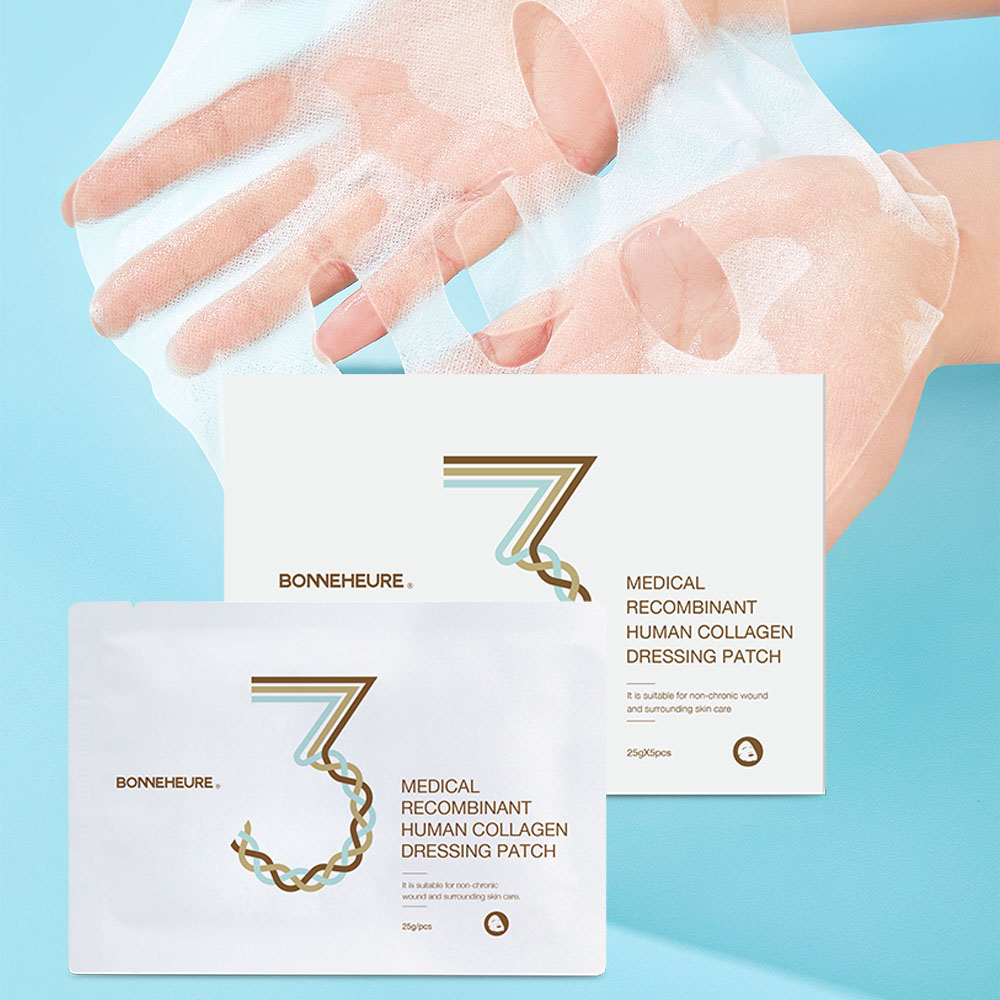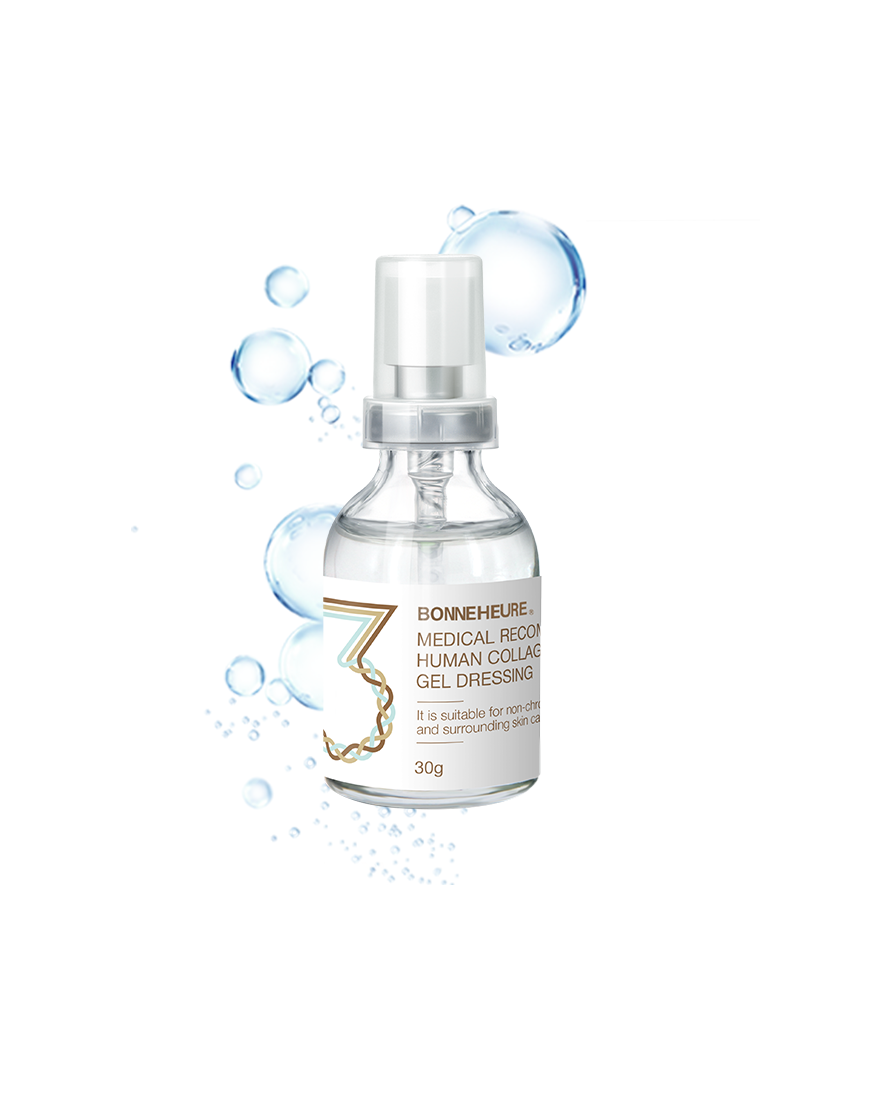
Why Are Enzymes Important in Cosmetic Face Masks for Exfoliation
In the world of skincare, exfoliation is a cornerstone of achieving radiant and healthy-looking skin. Among the many exfoliating ingredients available, enzymes have gained significant attention for their gentle yet effective benefits. At BONNEHEURE, a trusted beauty skincare supplier, we are committed to providing innovative and science-backed solutions for skincare enthusiasts. In this article, we will explore why enzymes are crucial components in cosmetic face masks for exfoliation and how they contribute to a smoother, brighter complexion.
What Are Enzymes and How Do They Work?
Enzymes are biological molecules, typically proteins, that act as catalysts to accelerate chemical reactions. In the context of skincare, enzymes are used to break down the bonds between dead skin cells, effectively exfoliating the skin. Unlike physical exfoliants, which rely on abrasive particles to scrub away dead cells, enzymes work on a molecular level to dissolve and remove these cells without causing irritation or microtears.
COSMECEUTICALS RECOMBINANT HUMANIZED TYPE III COLLAGEN REPAIR MASK
COLLAGEN REPAIR CREAM
COSMECEUTICALS RECOMBINANT HUMANIZED TYPE III COLLAGEN REPAIR CREAM
COLLAGEN REPAIR GEL ESSENCE
COLLAGEN REPAIR SPRAY
The most commonly used enzymes in cosmetic face masks are derived from natural sources such as fruits. For example:

- Papain: Extracted from papayas, papain is a proteolytic enzyme that breaks down proteins found in dead skin cells.
- Bromelain: Sourced from pineapples, bromelain has similar exfoliating properties and also offers anti-inflammatory benefits.
- Pumpkin Enzyme: Derived from pumpkins, this enzyme is rich in alpha hydroxy acids (AHAs) and vitamins, making it a multitasking ingredient for exfoliation and nourishment.
These enzymes are not only effective but also gentle, making them suitable for all skin types, including sensitive skin. At BONNEHEURE, we prioritize the use of high-quality, naturally sourced enzymes in our formulations to ensure optimal performance and safety.
The Science Behind Enzyme-Based Exfoliation
Enzyme-based exfoliation works by targeting and breaking down keratin, a protein that binds dead skin cells together. When dead skin cells accumulate on the skin’s surface, they can clog pores, cause dullness, and lead to uneven texture. Enzymes help to gently dissolve this buildup, revealing fresh, radiant skin underneath.
Unlike chemical exfoliants such as alpha and beta hydroxy acids, enzymes do not penetrate deeply into the skin. This makes them an excellent choice for individuals who are prone to irritation or who have conditions like rosacea or eczema. The superficial action of enzymes ensures effective exfoliation without compromising the skin’s natural barrier.
Key Benefits of Enzyme Exfoliation
Incorporating enzyme-based face masks into your skincare routine offers a myriad of benefits:
- Gentle on the Skin: Enzymes provide a non-abrasive alternative to physical exfoliants, reducing the risk of irritation and redness.
- Improved Skin Texture: By removing dead skin cells, enzymes help to smooth out rough patches and promote a more even complexion.
- Enhanced Absorption of Skincare Products: Exfoliated skin is better able to absorb serums, moisturizers, and other skincare products, maximizing their efficacy.
- Brightened Complexion: Enzymes help to remove dull, lifeless skin, revealing a brighter and more youthful appearance.
- Suitable for All Skin Types: Whether you have dry, oily, or sensitive skin, enzyme exfoliation can be tailored to meet your needs.
Why BONNEHEURE Prioritizes Enzymes in Face Mask Formulations
At BONNEHEURE, we believe in harnessing the power of nature to create effective and luxurious skincare products. Enzymes align perfectly with our philosophy of gentle, science-backed skincare. Here are some reasons why we prioritize enzymes in our face mask formulations:
1. Natural and Sustainable Ingredients
Enzymes are derived from renewable natural sources, making them an environmentally friendly choice. By incorporating enzymes like papain, bromelain, and pumpkin enzyme, we ensure that our products are both effective and sustainable.
2. Customizable Formulations
Enzymes can be combined with other active ingredients to create multifunctional face masks. For example, pairing enzymes with hydrating agents like hyaluronic acid or soothing botanicals like aloe vera enhances the overall benefits of the mask.
3. Safe for Sensitive Skin
Our enzyme-based face masks are formulated to minimize the risk of irritation, making them suitable for individuals with sensitive or reactive skin. We conduct rigorous testing to ensure that our products meet the highest standards of safety and efficacy.
4. Visible Results
Enzyme exfoliation delivers noticeable improvements in skin texture and radiance, often after just one use. This immediate gratification makes our face masks a favorite among customers seeking quick and effective skincare solutions.

How to Use Enzyme Face Masks Effectively
To maximize the benefits of enzyme-based face masks, follow these simple steps:
- Cleanse: Start with a clean face to remove makeup, dirt, and oil.
- Apply the Mask: Spread a thin, even layer of the enzyme face mask over your skin, avoiding the eye area.
- Let It Sit: Allow the mask to work its magic for the recommended time, usually 10-15 minutes.
- Rinse Off: Gently rinse the mask off with lukewarm water, using circular motions to enhance exfoliation.
- Follow Up: Apply a hydrating serum or moisturizer to replenish your skin’s moisture levels.
For best results, use enzyme face masks 1-2 times per week, depending on your skin type and needs.
Frequently Asked Questions About Enzyme Exfoliation
1. Are enzyme face masks safe for daily use?
Enzyme face masks are generally gentle, but daily use may still be too frequent for some skin types. Over-exfoliation can compromise the skin barrier, so it’s best to use these masks 1-2 times per week.
2. Can I combine enzyme exfoliation with other exfoliants?
While enzymes are gentle, combining them with other exfoliants like AHAs or BHAs should be done cautiously to avoid over-exfoliation. Consult with a dermatologist or skincare professional to determine the best approach for your skin.
3. Are enzyme face masks suitable for acne-prone skin?
Yes, enzyme masks can be beneficial for acne-prone skin as they help to unclog pores and reduce inflammation without causing irritation. However, it’s essential to choose a mask specifically formulated for acne-prone skin.
Conclusion
Enzymes are a game-changer in the world of skincare, offering a gentle yet effective solution for exfoliation. At BONNEHEURE, we are proud to incorporate these powerful ingredients into our face mask formulations, delivering products that cater to a wide range of skin types and concerns. By understanding the science behind enzyme exfoliation and using our products as directed, you can achieve smoother, brighter, and healthier-looking skin.
Ready to experience the benefits of enzyme-based skincare? Explore BONNEHEURE’s range of face masks and discover the transformative power of nature’s enzymes today.




发表回复